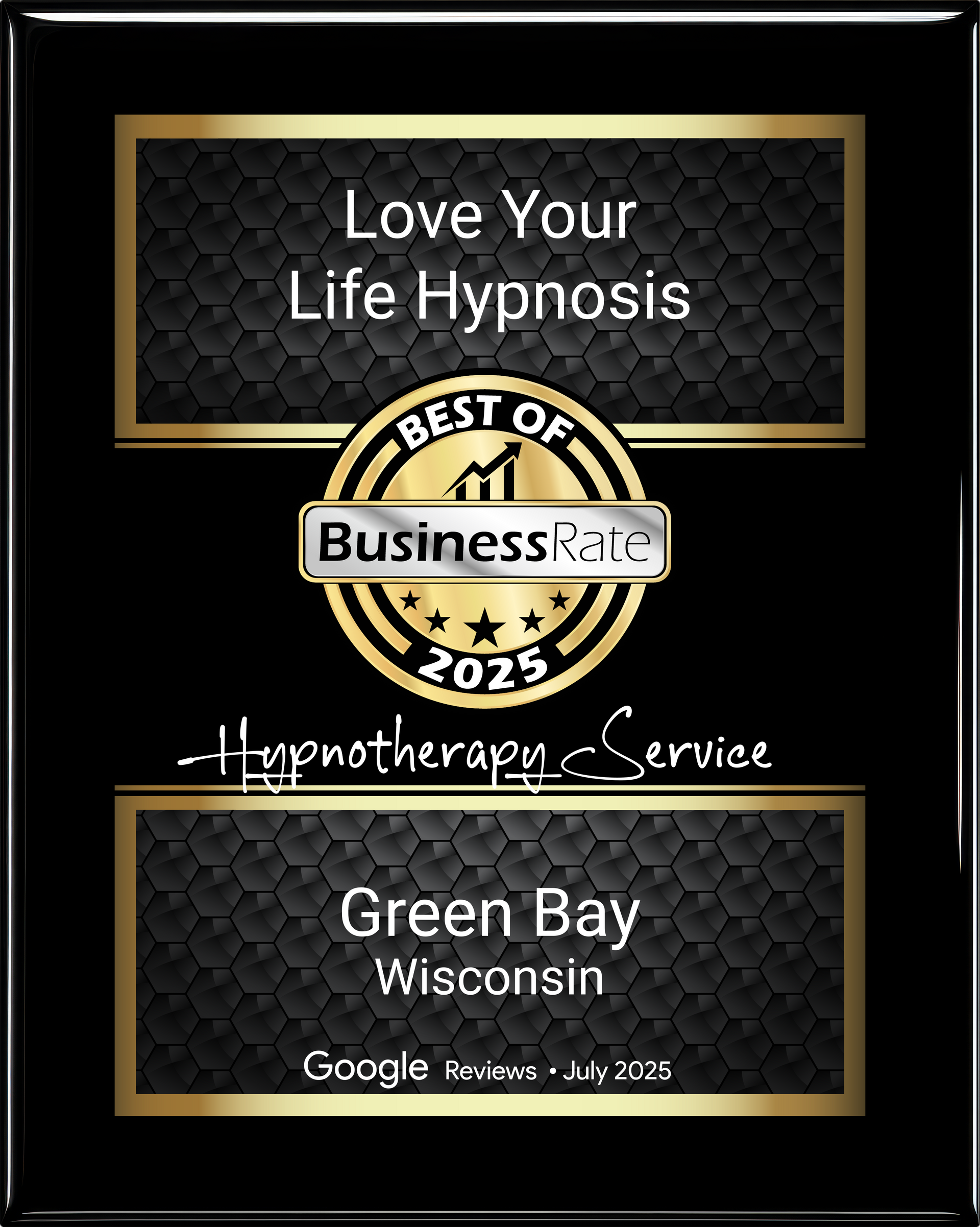Enhancing Personal Relationships through Better Communication
Effective communication is the cornerstone of successful personal relationships, serving as a foundation for trust, understanding, and emotional intimacy. Just like any skill, developing exceptional communication abilities requires patience, practice, and guidance. With the expertise of Ken Dombrowski, your Executive Life Coach and Master Hypnotist, you can learn the essential tools and techniques to enhance communication within your personal relationships, fostering deeper connections and promoting greater life satisfaction.
This article will explore various aspects of effective communication, including active listening, establishing empathy, expressing emotions, clarifying expectations, and managing conflicts, all of which can contribute to stronger personal relationships. By capitalizing on these principles and collaborating with Ken Dombrowski, you will be well on your way to nurturing meaningful relationships and, ultimately, achieving a more fulfilling personal life.
1. Active Listening: Building Trust and Understanding
Active listening is a crucial skill that often goes overlooked in today's fast-paced world. Effective communication is not just about speaking; it requires active listening as well. When we actively listen, we show respect and empathy towards the speaker, fostering a deeper connection and understanding.
So, how can we practice active listening? Firstly, give your full attention to the speaker, maintaining eye contact and avoiding distractions. Then, paraphrase and summarize to ensure you understand it perfectly. Lastly, ask open-ended questions to encourage the speaker to delve deeper.
Practicing active listening can significantly improve interpersonal communication, leading to deeper connections and a strong foundation of trust within your personal relationships.
2. Establishing Empathy: Fostering Emotional Intimacy
Empathy, the ability to understand and share the feelings of others, is a vital ingredient in fostering healthy and fulfilling interpersonal relationships. It allows us to connect on a deeper level, showing compassion and support to those around us. Moreover, practicing empathy helps to create a positive and inclusive environment where everyone feels valued and understood.
To establish empathy, we must first listen attentively to others without judgment. By putting ourselves in their shoes, we gain insight into their experiences and emotions. Acknowledging their feelings is crucial, as it validates their perspective and makes them feel heard.
Another key aspect of empathy is validating emotions. By expressing genuine understanding and care, we create a safe space for vulnerability. This encourages open communication and trust, strengthening the bond between individuals.
Practicing empathy also involves showing kindness and compassion. Small gestures, such as offering a helping hand or a comforting word, can make a significant difference in someone's life.
With a deep understanding of human psychology and behavior modification techniques, a Master Hypnotist and Executive Life Coach like Ken Dombrowski can guide you to transcend your perspective, allowing you to understand and embrace the thoughts, feelings, and experiences of others. This is a transformative process that encourages emotional intelligence, compassionate decision-making, and a genuine connection with your team.
By embracing empathy, you can foster emotionally rich personal relationships that encourage open, honest, and satisfying communication.
3. Expressing Emotions: Bridging the Emotional Gap
Expressing emotions effectively is crucial for building and improving interpersonal relationships. When we openly communicate our feelings, we allow others to understand us better and foster deeper connections. Expressing emotions also promotes empathy and understanding, creating an environment of trust and support.
To practice effective emotional expression, it’s important to identify and acknowledge our emotions, as well as the underlying causes. We can then choose appropriate words and non-verbal cues to express ourselves honestly and respectfully. Active listening and validating others' emotions are also vital in enhancing interpersonal relationships.
By focusing on healthy emotional expression, you pave the way for deeper understanding and connection within your personal relationships.
4. Clarifying Expectations: Reducing Misunderstandings
Openly discussing and clarifying expectations in personal relationships can significantly reduce misunderstandings and facilitate harmonious communication. It enables us to communicate our needs, desires, and boundaries effectively, ensuring that both parties are on the same page. This practice promotes open and honest dialogue, leading to deeper connections and increased empathy.
Start by reflecting on your own needs and wants. Communicate them honestly and listen actively to others' expectations as well. Be open to compromise and find common ground when necessary.
By proactively addressing expectations, you can promote a strong foundation of trust and mutual understanding within your personal relationships.
5. Managing Conflicts: Resolving Disagreements Constructively
Conflicts are inevitable in personal relationships, but effectively managing and resolving disagreements is critical for maintaining harmony and continued growth. Effective communication plays a vital role in constructively addressing conflicts.
One way to practice effective conflict management is by actively listening to the other person's perspective. This shows that we value their opinions and fosters open communication. Additionally, finding common ground and compromising can help find mutually beneficial solutions.
By honing your conflict resolution skills, you can maintain constructive communication even during challenging situations, ultimately promoting stronger, more resilient relationships.
6. Non-Verbal Communication: Conveying Unspoken Messages
While verbal communication is essential, non-verbal communication also plays a significant role in expressing emotions and conveying messages within personal relationships. Understanding and utilizing non-verbal cues can enhance overall communication and deepen emotional intimacy.
Simple practices like maintaining eye contact, using open body language, and actively listening can make a world of difference in our connections with others. By becoming more aware of non-verbal cues in yourself and others, you can improve your ability to interpret and convey emotions and messages effectively, leading to more satisfying and meaningful communication within your personal relationships.
7. Developing Communication Skills through Executive Life Coaching
While this article provides a foundational understanding of essential communication techniques, working with an Executive Life Coach can offer personalized guidance and support tailored to your unique communication needs. Ken Dombrowski, your Executive Life Coach and Master Hypnotist, can help you:
- Assess your current communication strengths and weaknesses
- Develop customized strategies to address areas needing improvement
- Strengthen your active listening skills and emotional intelligence
- Practice effective conflict resolution and emotional expression
By collaborating with an Executive Life Coach, you can receive comprehensive support in enhancing your interpersonal communication skills, leading to healthier and more fulfilling personal relationships.
Take Charge of Your Relationships through Effective Communication
Enhancing communication within your personal relationships is key to fostering deep, meaningful connections and achieving greater overall satisfaction in your personal life. By actively implementing the strategies discussed in this article, you can positively impact your relationships and cultivate an emotionally rich and fulfilling life. Ken Dombrowski, your Executive Life Coach and Master Hypnotist, can be an indispensable resource in supporting your journey toward improved communication and stronger personal relationships.
Take control of your relationships and unleash your potential for better communication by booking a session with a skilled
life coach for relationships like Ken Dombrowski today. Invest in yourself and your relationships by unlocking new levels of personal growth and communication mastery with me by your side.












